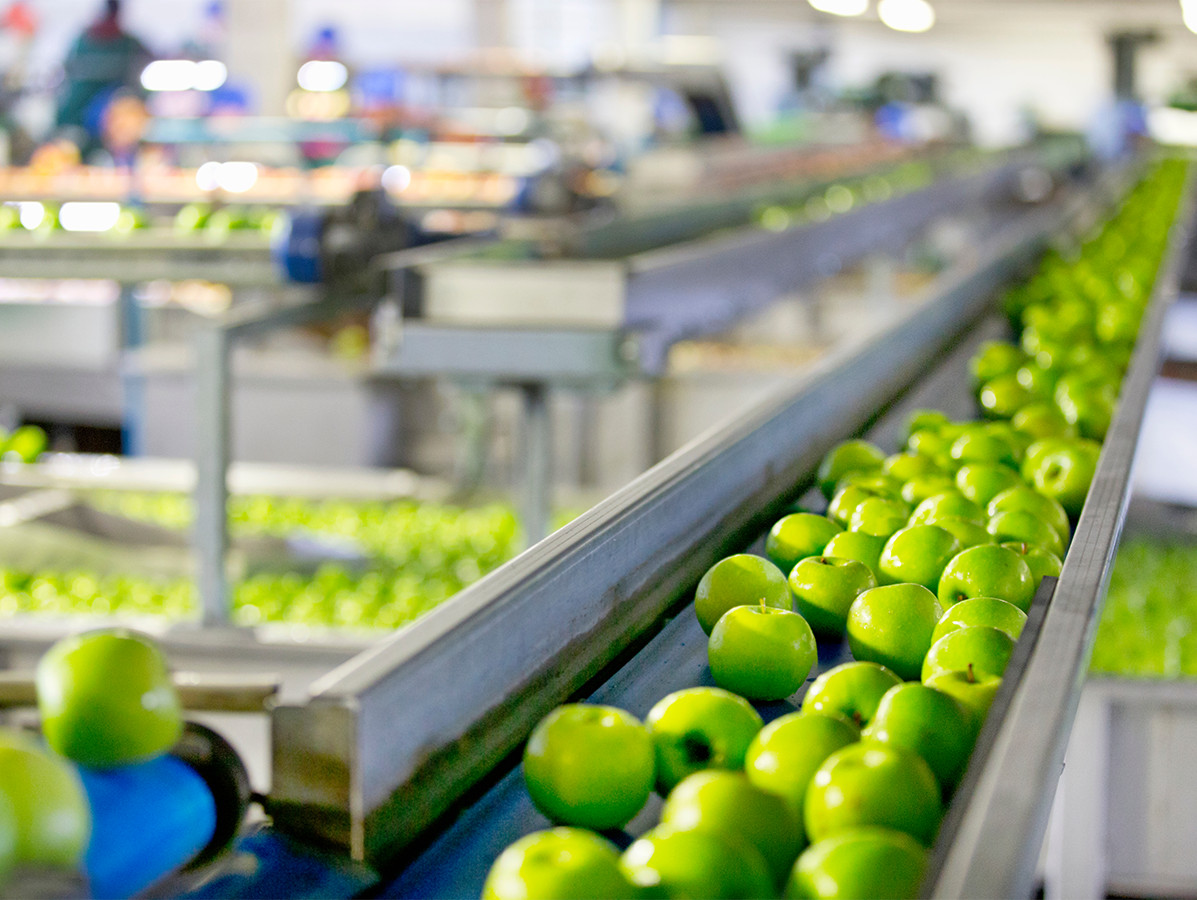
The food industry remains a stable factor for the Dutch economy. This is despite the fact that the Brexit and the corona pandemic made 2020 an unprecedented turbulent year.This is evident from the Food Industry Monitor 2021, which the Dutch Food Industry Federation (FNLI) will present at its Annual Meeting on Thursday 14 October.
With a total production value of EUR 69.9 billion, the sector contributed EUR 36.4 billion to production in other sectors in 2020. The added value of the food industry increased compared to 2019, the number of jobs, the export balance and turnover decreased slightly. Food companies that are (heavily) dependent on consumption in the out of home channels had a tough time. On the other hand, sales through the retail channel showed a substantial increase.
The unexpectedly fast recovery from the corona crisis is cause for optimism. On the downside, however, food companies are facing unusually large increases in input costs in the current year. The prices of agricultural raw materials, packaging materials, container transport and energy are showing very sharp increases.
There is also a rapidly rising shortage of employees. The food industry will therefore have to pull out all the stops in the coming year to remain competitive in these market conditions.
At the same time, the industry is fully aware of its social role, particularly in the area of health and sustainability. Consumers have shown in the corona year that they consider these issues to be of increasing importance. The FNLI will continue to play a proactive role in this respect, for example in the following areas:
FNLI Director Cees-Jan Adema: "Against the backdrop of current market developments, it is a challenging and beautiful task for the industry to take up its social role while continuing to meet consumer expectations with products that are responsible, but also tasty and affordable. This brings with it dilemmas for which there are no simple answers. With full dedication and the innovative power of the sector, we will tackle these challenges together with our chain partners, the government and stakeholders."
View the Food Industry Monitor 2021 (Dutch only)
Source: FNLI